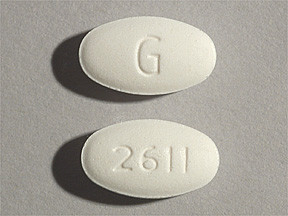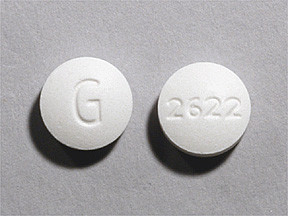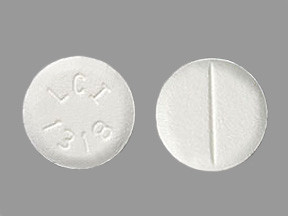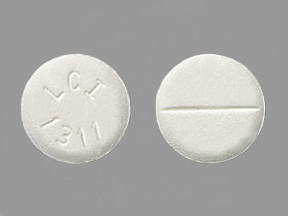TERBUTALINE - ORAL
PHONETIC PRONUNCIATION: (ter-BYOO-ta-leen)
COMMON BRAND NAME(S): Brethine
GENERIC NAME(S): terbutaline sulfate
Uses
USES: Terbutaline is used to treat wheezing and shortness of breath from lung problems (e.g., asthma, chronic obstructive pulmonary disease, bronchitis and emphysema). Controlling these symptoms can decrease time lost from work or school. Terbutaline is a bronchodilator (beta-2 receptor agonist) that works by opening breathing passages to make breathing easier.
How to use TERBUTALINE - ORAL
HOW TO USE: Take this medication by mouth with or without food, usually 3 times daily or as directed by your doctor. Dosage is based on your medical condition and response to therapy. Adults and children older than 15 should not take more than 15 milligrams daily. Children aged 12-15 should not take more than 7.5 milligrams daily. For children under 12, follow the doctor's directions for daily limits. Take this medication exactly as prescribed. Do not take more of this medication or take it more often than recommended by your doctor. If you have been directed to use this medication on a daily schedule, use it regularly at the same times each day in order to get the most benefit from it. If you take other asthma drugs by mouth or inhaling devices, ask your doctor about how to correctly take this medication with your other asthma medicines. If you notice less effect than usual from this medication, if your symptoms get worse, or if you feel you need to take any of your asthma medications more often than recommended, seek immediate medical attention.
Side Effects
Precautions
Interactions
Overdose
Images

- color
- off-white
- shape
- oblong
- imprint
- G, 2611

- color
- off-white
- shape
- round
- imprint
- G, 2622

- color
- white
- shape
- round
- imprint
- LCI 1318

- color
- white
- shape
- round
- imprint
- LCI 1318
Reviews
Faq for TERBUTALINE - ORAL
Terbutaline is an oral medication belonging to the class of drugs known as bronchodilators. It is primarily used to treat symptoms of asthma, including wheezing, shortness of breath, and chest tightness.
Terbutaline works by relaxing the muscles in the airways, allowing them to widen and making it easier to breathe. It also helps in preventing asthma attacks triggered by exercise or allergens.
The common side effects of terbutaline may include tremor, nervousness, dizziness, headache, increased heart rate, muscle cramps, and nausea. Consult your doctor if these side effects become severe or persistent.
Terbutaline should only be used during pregnancy if the potential benefits outweigh the potential risks. It may be prescribed to help control asthma symptoms, but the decision must be made after consulting with a healthcare professional.
Yes, terbutaline can be used in children, as prescribed by their healthcare provider. However, the dosage and instructions may differ based on the child's age and individual needs.
Terbutaline is not commonly used for the treatment of COPD, as there are other medications better suited for managing this condition. It is primarily prescribed for asthma and related symptoms.
Terbutaline is usually taken orally as directed by your doctor. The usual dosage is 2.5 to 5 mg three times a day, with or without food. Follow your healthcare provider's instructions carefully for optimal results.
Terbutaline may interact with certain medications, such as beta-blockers, digoxin, and diuretics. Inform your doctor about all the medications you are taking to avoid any potential interactions.
If you miss a dose of terbutaline, take it as soon as you remember. However, if it is close to the time for your next scheduled dose, skip the missed dose and continue with your regular dosing schedule. Do not double the dose to make up for the missed one.
Warning
WARNING: Terbutaline should not be used to prevent or treat early labor, since it has risks to the mother that are greater than the benefits. Serious (sometimes fatal) side effects have rarely occurred in mothers taking terbutaline during labor, such as chest pain, fast/irregular heartbeats, and trouble breathing. If you are pregnant or become pregnant and are taking terbutaline for another medical condition (such as asthma), talk to your doctor or pharmacist about whether terbutaline is still right for you.
Disclaimer
IMPORTANT: HOW TO USE THIS INFORMATION: This is a summary and does NOT have all possible information about this product. This information does not assure that this product is safe, effective, or appropriate for you. This information is not individual medical advice and does not substitute for the advice of your health care professional. Always ask your health care professional for complete information about this product and your specific health needs.

No Reviews Yet